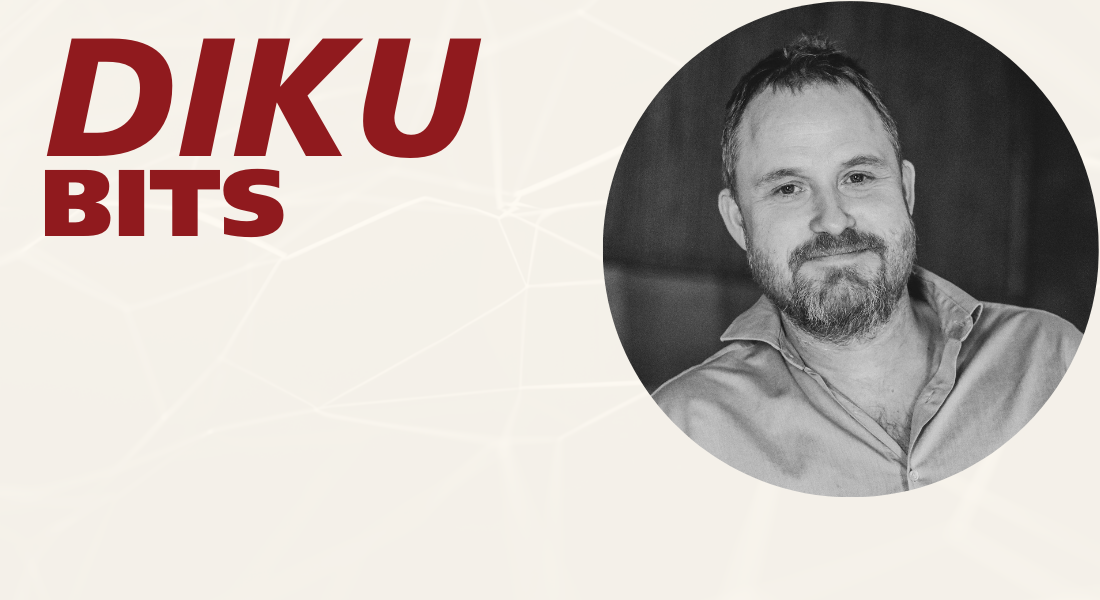DIKU Bits: Data-driven simulation

Speaker
Sune Darkner, Professor in the Image Analysis, Computational Modelling and Geometry (IMAGE) section.
Title
Data-driven simulation: The combination of data and models in Agriculture and Healthcare
Abstract
Science plays a central role in providing solutions to the green agenda and health with emerging health and climate crises with climate change, emissions of greenhouse gasses, food security, an aging population, affordable health care, and the pollution of drinking water making headlines on a daily basis.For agriculture we need reduce emissions while securing food production and protecting our drinking water, new crops more resilient to drought are needed, a new type of agricultural system needs to be developed, and field management must be optimized. Similar an aging population and emerging health crisis, calls for novel medical devices e.g. catheters and endoscopes with reduced side effects and we need to understand the physiology of developing pathologies, and their basic mechanisms e.g. the effects of hypertension on the flow of the blood in organs like the kidney.
Common for these challenges are the difficulty of testing hypotheses and performing test and trials: In agriculture, the season and crop cycle make it challenging and close to impossible to test new systems, crops, or management policies, and medical devices and treatments cannot be tested safely continuously on humans. The cost of performing trials and getting approval for testing devices on humans or animals is high and the process is slow and complicated.
Digital twins and populations offer the possibility to simulate and predict the interaction and future state of the systems and provide novel insights as well as significantly faster research, development, and testing cycle compared to real-world experiments. The benefits and potential is enormous.
